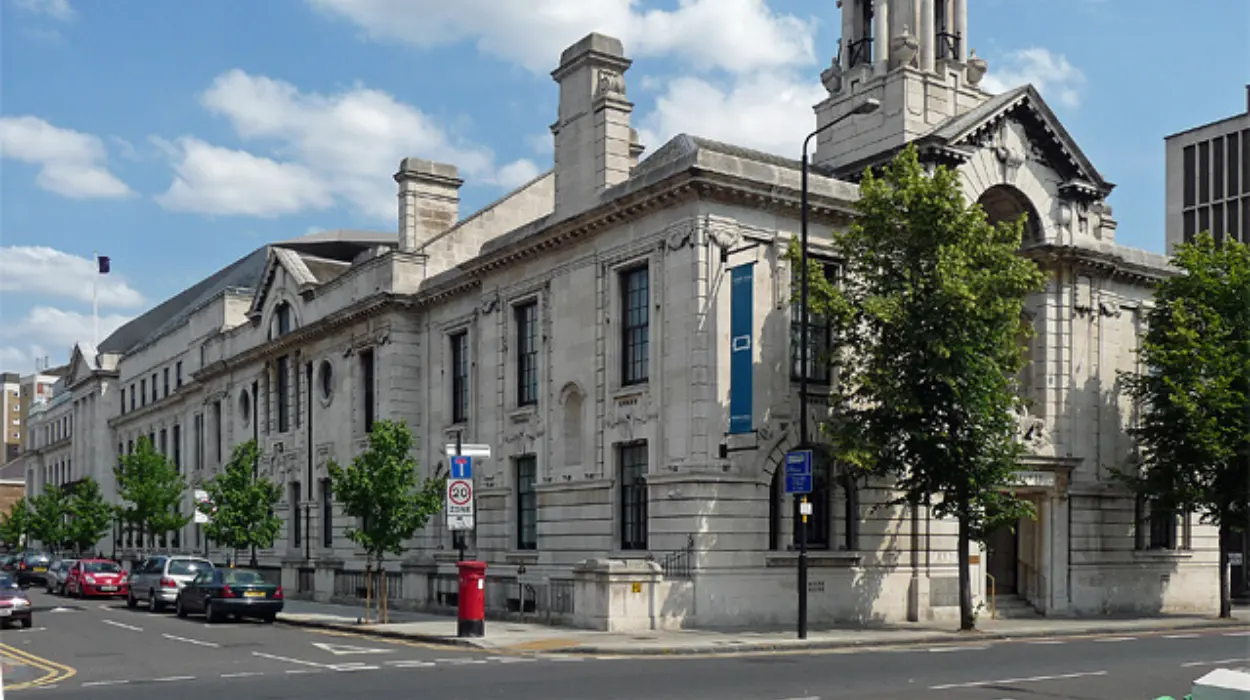Tower Hamlets (Parliament Politics Magazine) – Tower Hamlets Council has approved the Orchard Wharf redevelopment, paving the way for new homes, jobs, and revitalized riverfront space.
On September 3, a Tower Hamlets council meeting authorized the huge Orchard Wharf regeneration project.
Hundreds of reasonably priced dwellings and special student housing will be part of the rehabilitation of the abandoned dock on the north side of the River Thames.
The council also hopes to bring the wharf back to life for waterborne freight.
Councillor Kabir Ahmed, cabinet member for regeneration, inclusive development, and housebuilding, said:
“The scheme responds directly to London’s acute housing pressures, offering high-quality, tenure-secure homes for our residents.
The homes on the site are 100 per cent affordable and include 65 family-sized homes that are much needed in our borough.
This is the latest major redevelopment that we’ve approved in Tower Hamlets and it will transform this vacant site into a vibrant new neighbourhood and create many new opportunities and jobs.”
With 1,365 purpose-built student beds split across five buildings, 208 affordable dwellings spread across two buildings on the riverfront, 526 square metres of commercial space, and new public realm, planting, and pedestrian access to the Thames, the Orchard Wharf project will provide a variety of purposes.
65 family-sized apartments and 21 wheelchair-accessible residences will be among the 70% of the affordable rental properties available in Tower Hamlets and the Mayor of London.
In addition to having private outdoor space, common podium gardens, and views of the Thames and East India Dock Basin, every property will either meet or surpass minimum space requirements.
Seven structures, each with eight to twenty-four stories, comprise the master plan.
In addition to plans to incorporate a versatile Wharf Box logistics facility at ground level, the property maintains its status as a secured wharf, allowing for sustainable waterborne freight operations.
With last-mile deliveries made by low-emission vehicles and a car-free policy across the site, this vital infrastructure helps achieve the London Plan’s objectives for low-carbon freight movement.
How will the 1,365 student bedspaces be managed and designated across five buildings?
Usually the landlord is an experienced professional property management organization or a university which manages the allocation, maintenance and operation for the PBSA development. Usually bedrooms or clusters of bedrooms are let out individually on tenant agreements covering an academic year.
Bedspaces are normally developed so that there is a good mix of studio flats and cluster flats (shared flats). In recent planning applications 80% cluster flats is often published to promote community and reduce reliance on studio flats, some are not social and there is often an oversupply of the ones that are social.
Student bedspaces are normally allocated by way of a nomination agreement with local universities and educational institutions. This arrangement makes certain that bedspaces are meeting academic demand and support operates in concert with educational institutions.

